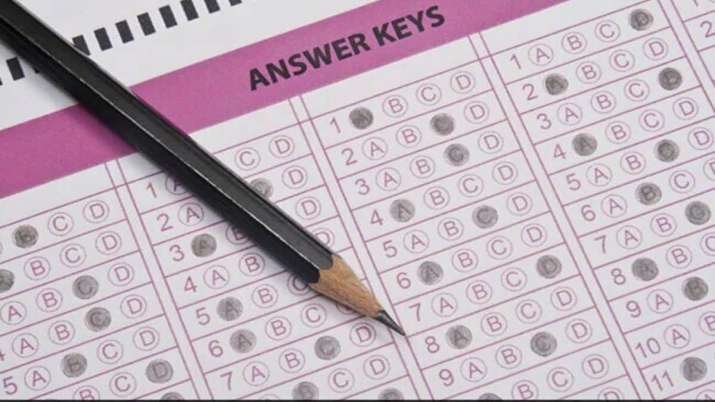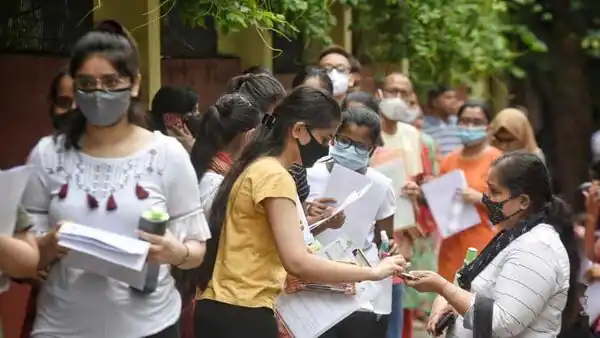Medical Exam : The National Eligibility cum Entrance Test (NEET) was introduced in India as a standardized examination for admissions to undergraduate medical and dental courses. Established with the intention of creating a uniform platform for assessing the aptitude and knowledge of aspiring medical students, NEET aimed to streamline the selection process and ensure merit-based admissions. The inception of NEET can be traced back to its first implementation in 2013, following a Supreme Court directive to replace multiple entrance exams conducted by various states and institutions with a single national examination.
Despite its noble intentions, NEET has faced considerable controversy. One of the primary criticisms centers around the perceived inequities embedded within the exam’s structure. Critics argue that NEET disproportionately benefits students from urban areas and those who can afford extensive coaching classes, thereby disadvantaging students from rural regions and lower socio-economic backgrounds. The disparity in educational resources across different states has also been a point of contention, with many claiming that the standardized nature of NEET does not adequately account for regional differences in educational curricula and quality.
Over the years, these concerns have been compounded by allegations of unfair practices and irregularities during the conduct of the exam. Instances of question paper leaks, cheating scandals, and administrative lapses have eroded public trust in the integrity of NEET. Moreover, the pressure and stress associated with preparing for this high-stakes exam have been linked to mental health issues among students, prompting calls for a more holistic and inclusive approach to medical admissions.
Recent developments have further intensified the NEET controversy. Protests led by students, parents, and educational institutions have surged, demanding reforms or even the abolition of the exam. The heightened scrutiny has drawn the attention of various governmental bodies, including the Home Ministry, which has now taken an active interest in addressing the concerns raised. This increasing involvement underscores the urgency and significance of finding a resolution that balances the principles of meritocracy with fairness and accessibility for all aspiring medical professionals in India.
Home Ministry’s Intervention and the Purpose of the New Medical Exam
The recent involvement of the Home Ministry in the NEET controversy has garnered significant attention, highlighting the government’s proactive stance in addressing the multifaceted issues surrounding the examination. Home Ministry officers have been dispatched to various NEET examination centers with the objective of conducting a thorough review and ensuring the integrity and fairness of the medical examination process. This intervention underscores the government’s commitment to upholding educational standards and addressing the grievances raised by various stakeholders.

The purpose of conducting another medical exam stems from the need to rectify perceived discrepancies and restore confidence among the student community. New protocols and changes are being introduced to enhance transparency and accountability. These measures include stringent verification processes, increased surveillance at examination centers, and the implementation of advanced technological solutions to prevent malpractices. By instituting these reforms, the Home Ministry aims to create a more equitable environment for all candidates.
The intervention has elicited a mixed response from different stakeholders. Government officials have expressed optimism, viewing this as a decisive step towards resolving the ongoing controversy. Educational bodies, while supportive of measures to ensure fairness, have raised concerns about the logistical challenges of organizing another exam. Students and parents hold varied opinions; while some appreciate the efforts to address their concerns, others are apprehensive about the additional stress and uncertainty this new development might entail.
The potential implications of the Home Ministry’s intervention are manifold. It remains to be seen whether these measures will placate the aggrieved parties or lead to further complications. The success of this initiative will largely depend on the effective implementation of the new protocols and the timely communication of these changes to all concerned parties. As the situation continues to evolve, the focus remains on ensuring a fair and transparent examination process that upholds the principles of meritocracy and equity.




